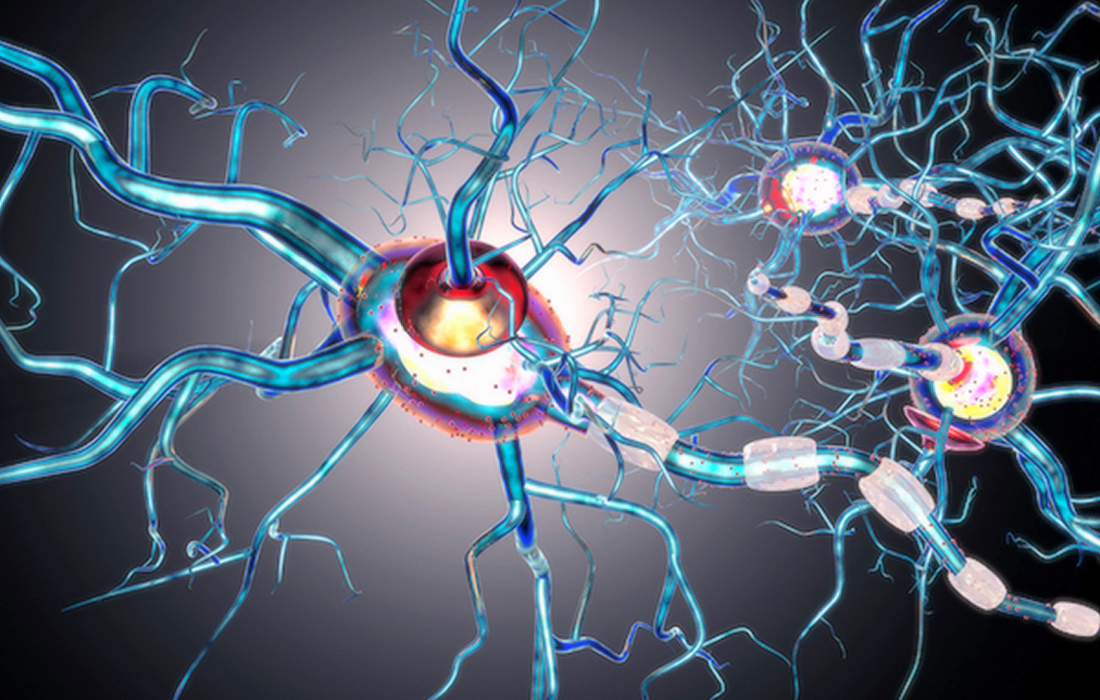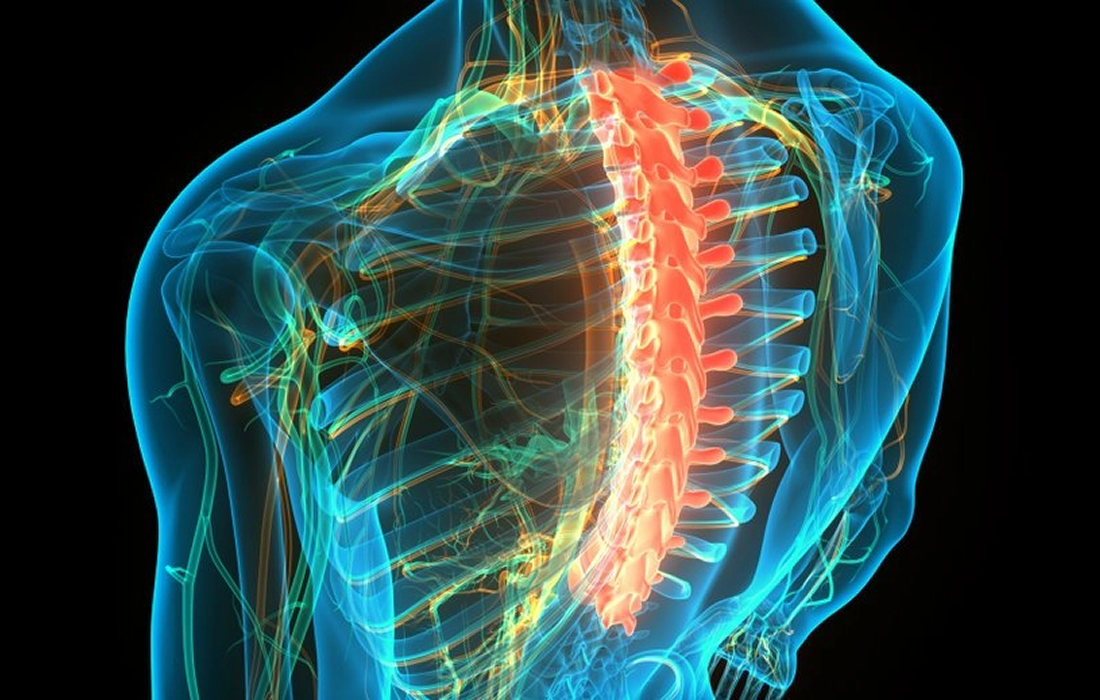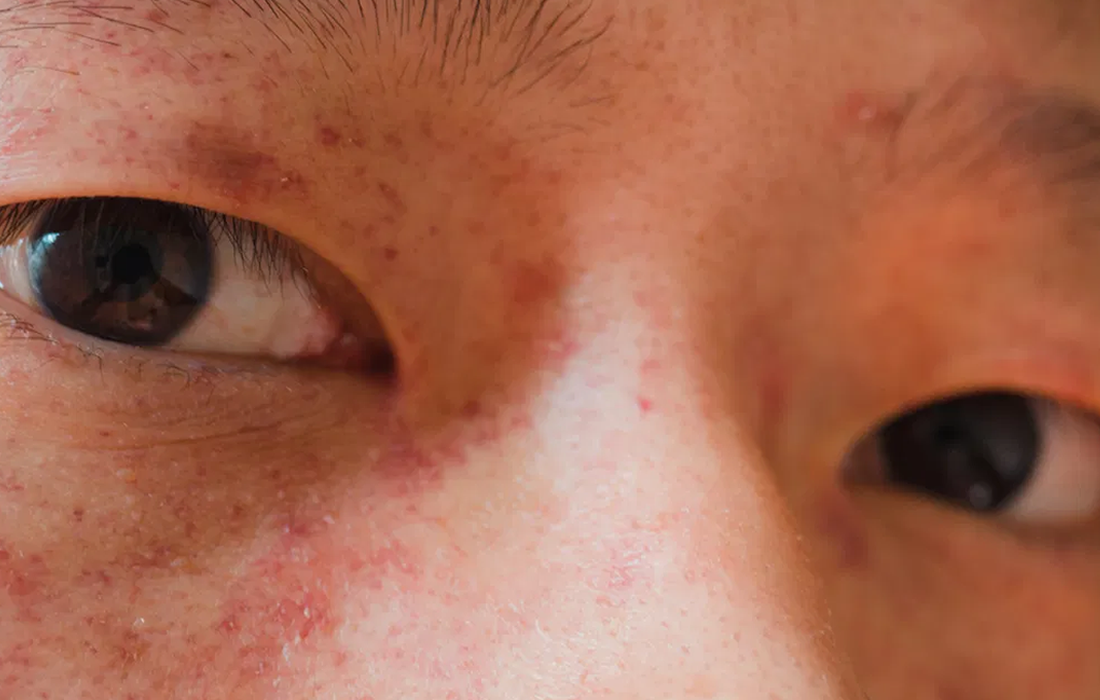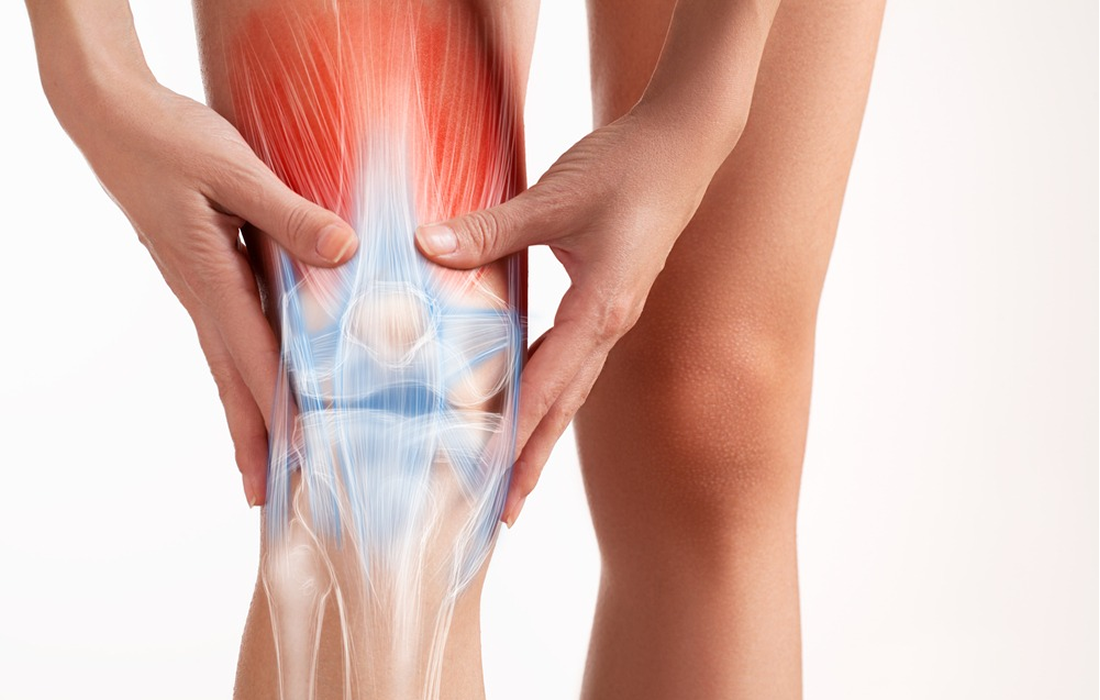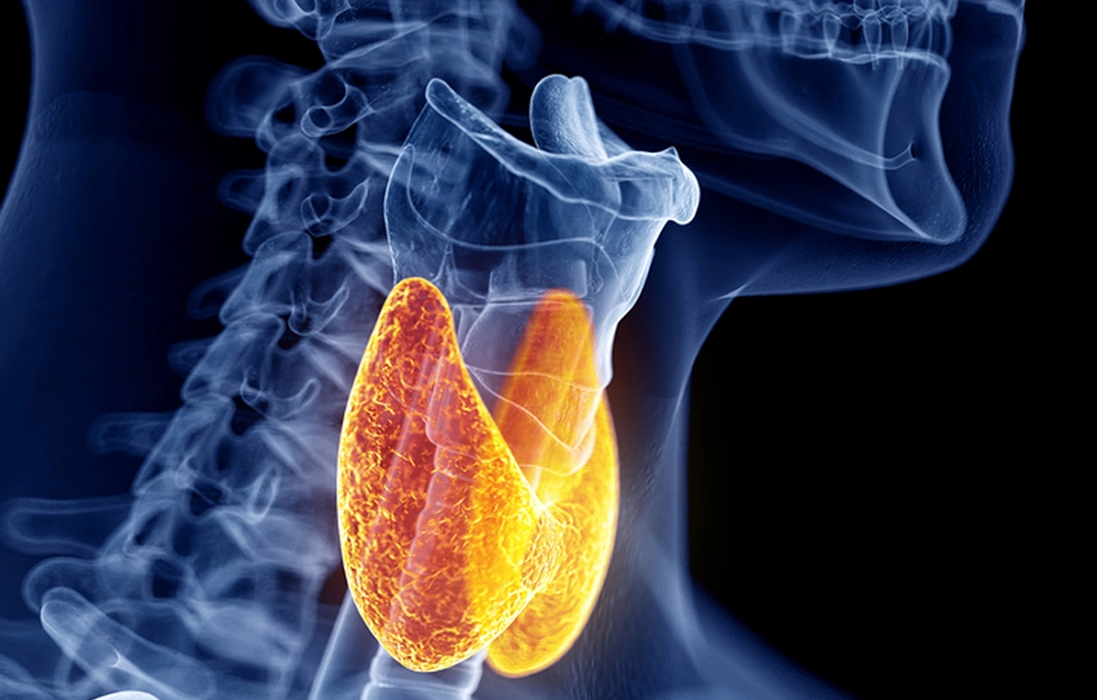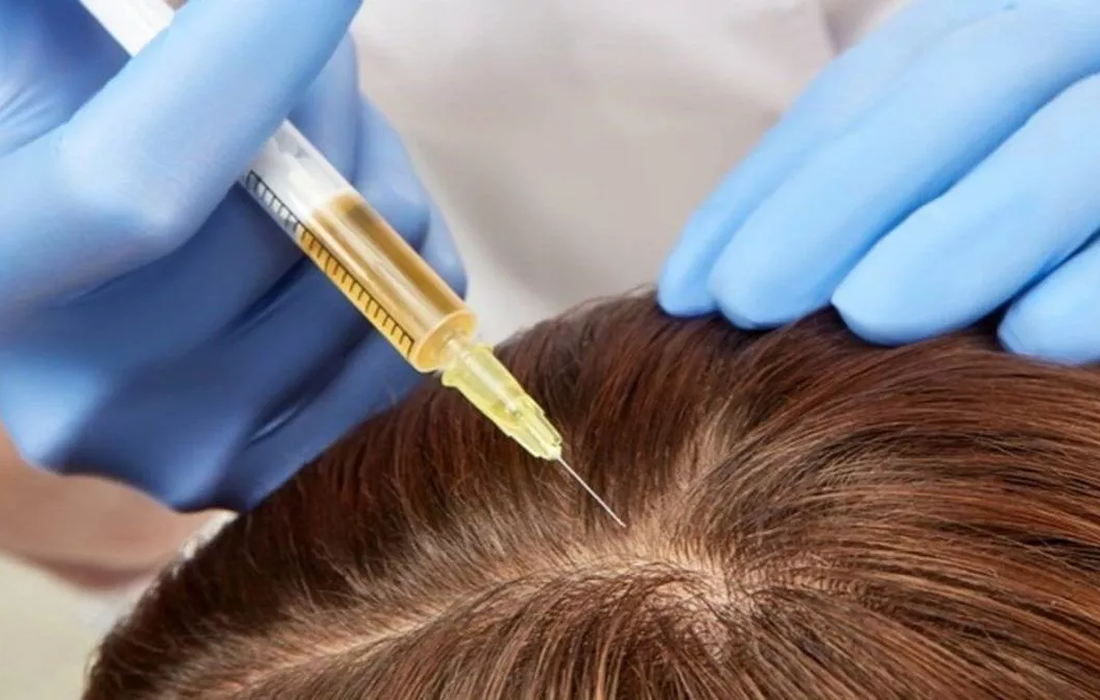What is Multiple Sclerosis? Multiple Sclerosis (MS) is a chronic inflammatory, autoimmune, and neurodegenerative disease of the central nervous system (CNS). MS affects approximately 2.5 million people worldwide. High prevalence of MS is seen in northern parts of Europe and North America. Multiple sclerosis (MS) is a potentially disabling disease of the brain and spinal […]
Category Archives: Stem Cell Therapy for Specific Conditions
What is Spinal Cord Injury? Spinal cord injury (SCI) is defined as damage to the spinal cord that temporarily or permanently causes changes in its function. SCI is divided into traumatic and non-traumatic etiologies. Traumatic SCI occurs when an external physical impact (for example, a motor vehicle injury, fall, sports-related injury or violence) acutely damages […]
Allergic diseases are immune-mediated diseases. Allergic asthma, allergic skin diseases, allergic rhinitis and allergic conjunctivitis are the most prevalent allergic diseases. The general common pathogenesis is the imbalance of the T lymphocytes Th1/Th2. What Is Atopic Dermatitis? Atopic dermatitis (AD) or eczema is a condition that makes your skin red and itchy. It’s common in […]
What is Cronh’s Disease? Crohn’s disease (CD) is a type of inflammatory bowel disease (IBD). It causes inflammation of the digestive tract, which can lead to abdominal pain, severe diarrhea, fatigue, weight loss and malnutrition. Inflammation caused by Crohn’s disease can involve different areas of the digestive tract in different people. This inflammation often spreads […]
Professional and recreational sport practice is increasing but unfortunately so is the rate of sports injuries as mentioned in many epidemiological studies. Aside from medical consequences, the economic burden related to costs of conservative treatment, surgery and rehabilitation is very high. Sport injuries, most of the time affect muscles, tendons, ligaments, cartilage and bones and […]
What is Hashimoto’s Thyroiditis? The autoimmune condition Hashimoto’s thyroiditis (HT) is a disease where lymphocytes mediate the autoimmune damage and destruction of the thyroid gland. Inflammation from Hashimoto’s disease, also known as chronic lymphocytic thyroiditis, often leads to an underactive thyroid gland (hypothyroidism). Hashimoto’s disease is the most common cause of hypothyroidism. It primarily affects […]
What is Alopecia? Hair loss (alopecia) is a quite common condition observed in both men and women. Pattern hair loss also known as androgenetic alopecia is the most common form of hair loss that is thought to affect up to 80% of Caucasian men and up to 40% of Caucasian women by age of 70, […]
What is Rheumatoid Arthritis? Rheumatoid arthritis (RA) is a systemic, inflammatory autoimmune disease that mainly involves peripheral facet joint disease, which is the main pathological feature as well as joint synovial cell proliferation, inflammatory cell infiltration and pannus. It is a chronic inflammatory disorder that can affect more than just the joints. In some people, […]
What Is Aging? Normal aging can be defined as the decline and deterioration of functional properties at the cellular, tissue and organ level. This loss of functional properties yields a loss of homeostasis and decreased adaptability to internal and external stress yielding an increased vulnerability to disease and mortality. Individuals are extremely heterogeneous in the […]
A new early-stage clinical trial at the Massachusetts Eye and Ear Hospital and research center in Boston is using stem cells from an individual’s healthy eye to repair their damaged cornea. There are different causes that can damage the cornea, which include infections, congenital diseases and traumatic injuries. The study includes 13 participants with corneal […]

